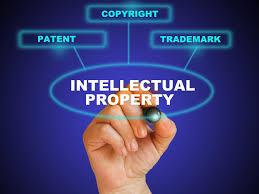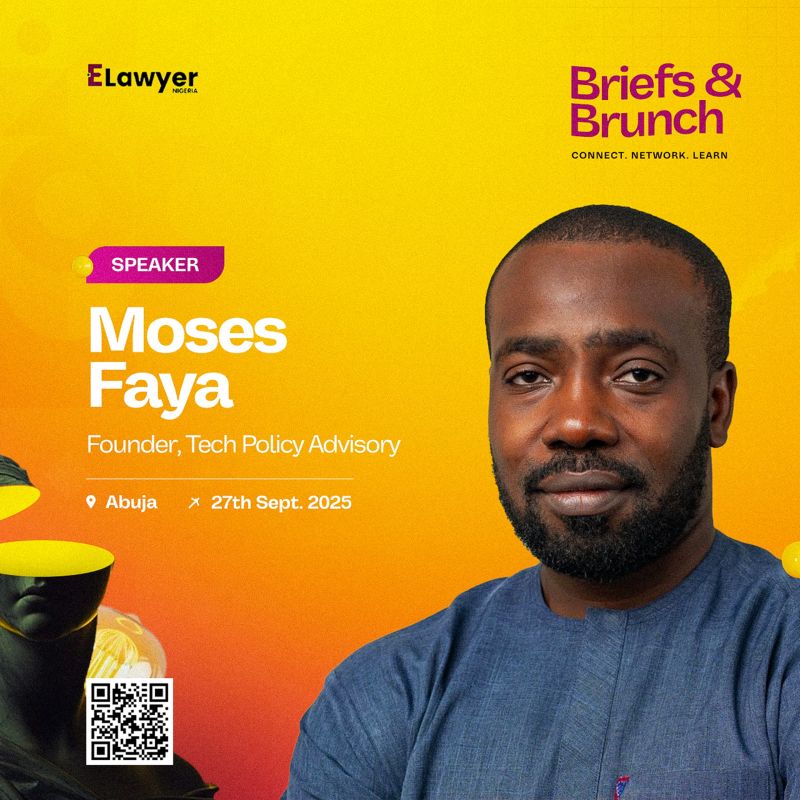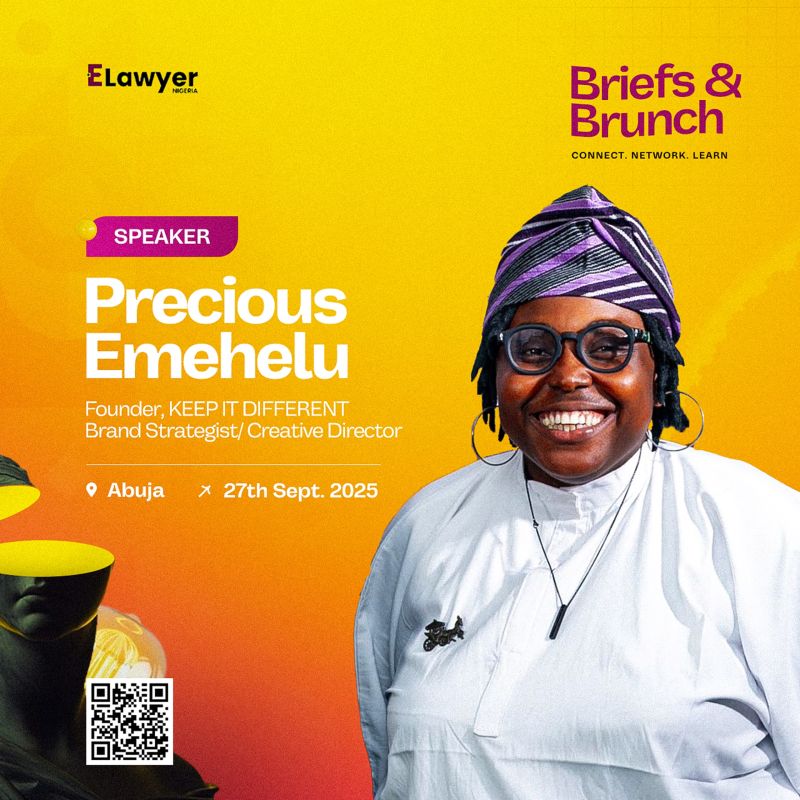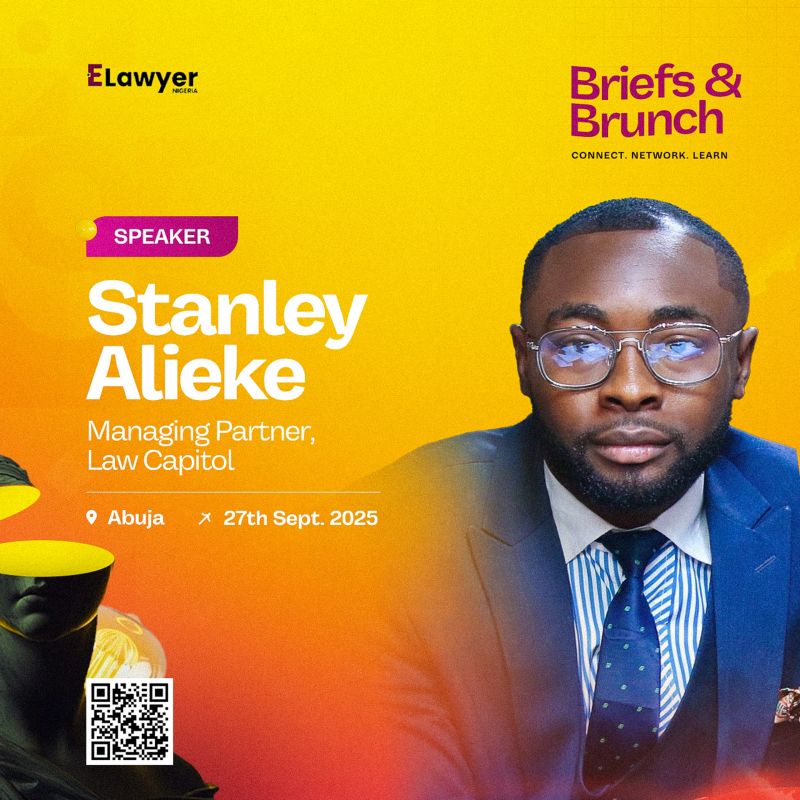Several Nigerian influencer IP rights issues now arise as Nigerians now turn to content creation as a major source of income, creators are recognizing the immense value of their digital content. Photos, captions, voice overs, jingles and memes are now marketable online products that require legal protect. Yet many influencers still lack clarity on the procedure to safeguard their creative works under intellectual property (IP) and Name, Image, and Likeness (NIL) Rights.
Although generally protected by copyright under the Copyright Act 2022, every influencer’s content must be original and fixed in a tangible form to be enforceable. Unlike trademarks or patents, copyright protection arises automatically but can be fortified via formal registration for stronger legal enforceability.
Why IP Rights Matter for Influencers ?

Influencers often pour significant time and creative energy into creating contents which they publish on social media. Some even go to the extent of spending a significant amount of fortune to produce unique contents. Without Intellectual Property protection, these content creators may be subject to the following:
- Original content can be copied or monetized by others with little recourse.
- Proving ownership becomes difficult without documented registration.
- Legal remedies remain limited when rights aren’t formally secured
The Importance of NIL Rights
Although still an emerging area in Nigerian Legal Jurisprudence, Name, Image, and Likeness (NIL) rights are becoming increasingly relevant following the fast growing adoption of content creation within the country. These rights empower influencers to monetize their persona in commercial and campaign contexts, similar to how athletes capitalize on their brand.
However, unlike countries with established NIL frameworks, Nigerian law lacks explicit provisions for this fast growing sector. In fact, Influencers must rely on contractual terms to secure usage rights of their identity in brand promotions and partnerships. And when there is an oversight or mistake in the contractual terms, this becomes a extremely serious issue to handle.
Advertising, ARCON, and Influencer Liability

Digital advertising in Nigeria isn’t a legal free-for-all. Influencers must navigate several regulatory obligations such as:
- ARCON Compliance: While the Advertising Regulatory Council of Nigeria (ARCON) Act 2022 itself doesn’t explicitly outline advertising content standards, the Advertising Industry Standard of Practice (AISoP) issued under Section 8(1)(j) of the Act is used to enforce ethical advertising. This Section empowers ARCON to uphold standards in advertising and marketing communications that align with national values and guard against misinformation and deceptive practices. Furthermore, a public notice by ARCON clarifies that social media influencers, skit makers, and bloggers must seek prior approval before posting promotional content online, reinforcing ARCON’s hold over digital advertising. Non-compliance can lead to fines up to ₦1,000,000 per instance.
- Consumer Protection (FCCPC Act) : Though the current Federal Competition and Consumer Protection Act (FCCPA) doesn’t list sections on influencer content, it does broadly prohibit “misleading, deceptive, or fraudulent” marketing by any business. This principle applies to influencers, ensuring they must be truthful when promoting goods or services. Violations can lead to compensation liabilities or prosecution.
- Data Law Compliance (NDPA): The Nigeria Data Protection Act (NDPA) 2023 offers the most robust framework for data privacy compliance. A joint read of Sections 25, 26, 27, 32, 40(2) clearly shows that influencers using targeted ads must obtain explicit consent before processing personal data and ensure it’s securely stored.
Here are Some Smart TIPS for Influencer Protection:
To thrive legally and sustainably, Nigerian influencers should consider:
- Registering creative works (logos, content, hashtag strains) to strengthen IP claim.
- Using NIL clauses in brand contracts to control usage of their name and likeness.
- Ensuring ARCON clearance before posting sponsored content to avoid penalties.
- Disclosing paid endorsements clearly to maintain transparency.
- Securing proper licensing before using third-party materials (music, images, brands).
Influencers are online business entities and successful branding relies on legal safeguarding. With unregulated digital markets and cross-border campaigns booming, solid IP and NIL protection helps creators monetize securely, control their narrative, and avoid costly legal battles.
All content, materials, and publications on Elawyer Nigeria’s platform including but not limited to articles, reports, analyses, images, videos, and graphics are the exclusive property of Elawyer Nigeria and are protected under applicable copyright and intellectual property laws.
No part of this content may be copied, reproduced, republished, uploaded, posted, transmitted, or distributed in any form or by any means, whether electronic, mechanical, photocopying, recording, or otherwise, without the prior written consent of Elawyer Nigeria.
Unauthorized use, reproduction, or distribution of any content from this platform may result in civil and/or criminal liability under Nigerian law and applicable international treaties.
For permissions, inquiries, or licensing requests, please contact: admin@elawyernigeria.com
© 2025 Elawyer Nigeria. All rights reserved.





